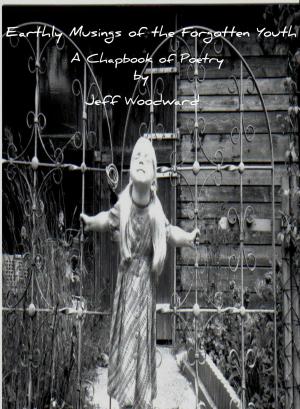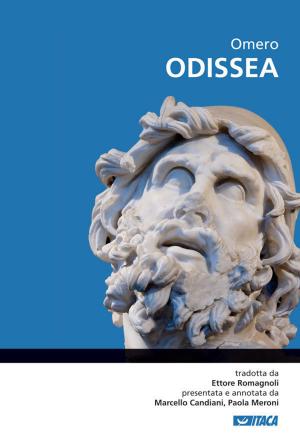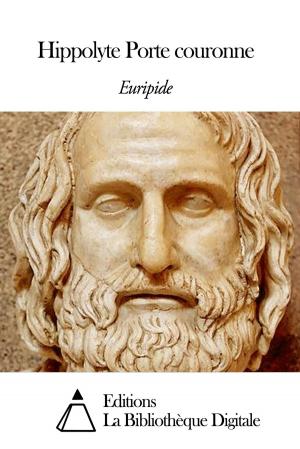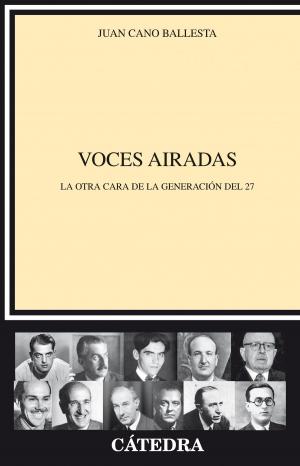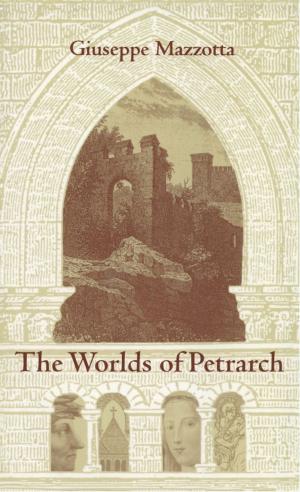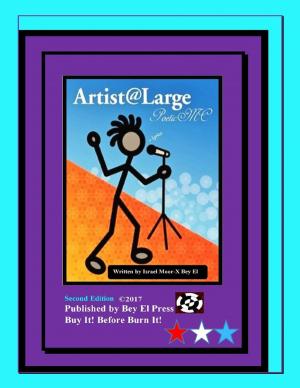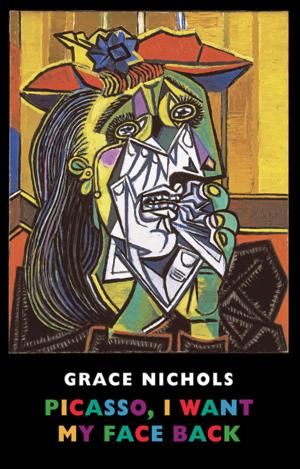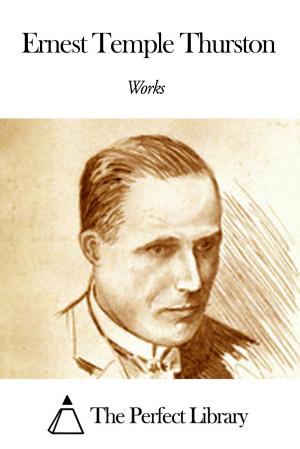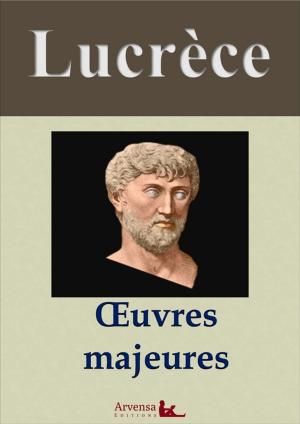| Author: | Leo Cappel | ISBN: | 9781311854346 |
| Publisher: | Leo Cappel | Publication: | August 13, 2015 |
| Imprint: | Smashwords Edition | Language: | English |
| Author: | Leo Cappel |
| ISBN: | 9781311854346 |
| Publisher: | Leo Cappel |
| Publication: | August 13, 2015 |
| Imprint: | Smashwords Edition |
| Language: | English |
Elisabeth Augustin, 1903-2001, poet in exile, and Holocaust survivor.
One of Elisabeth's poems begins with "why the, nightingale, were you give a voice, if you don't sing?"
She never stopped singing. Sometimes gentle, sometimes impassionately attacking any form of discrimination.
In her workroom, facing the garden, Elisabeth Augustin slowly fades away, a real life re-enactment of the prophetic last pages of her novel Labyrint. Only a few years earlier she still wrote poems, now she passes on in her sleep.
Daughter of a Jewish mother, she nevertheless was baptized a Catholic and grew up in a 'respectable' German environment, first near Berlin, later near Leipzig. So respectable in fact, that her father put a stop to her budding acting and movie career. The experience however, proved invaluable when writing for the stage, radio and films.
Elisabeth wrote her first play while still at primary school - her audience: her mother and the housekeeper. Poems and short stories followed, and her first novel was about to be published in 1933. It was not to be: Hitler came onto the scene and having Jewish ancestors became a crime. Her near idyllic life changed drastically. Elisabeth emigrated with her Swiss-born husband and two children to Amsterdam, Holland. Once she had translated her novel into Dutch, she quickly found a publisher again. Three more novels followed in rapid succession, all stark but passionate pleas against social injustice.
Her parents escaped from Germany in 1938, came to live in Amsterdam too, but in vain: her mother was killed in the gas chambers of the extermination camp Sobibor. These events have colored Elisabeth’s writing ever since and in particular her almost surreal fifth novel Labyrint.
The bibliography in one of her books - a collection of short stories, poems and a play - is no less than seven closely printed pages long! Impressive too is the list of awards and honors, culminating in the prestigious ‘Goethe Prize’ from Germany.
The two visits, each eight months long, to her daughter and son-in-law in Auckland gave further inspiration and insight that no matter where she lived, the essential thing was living ‘within her language’ - her true homeland
emigrated
from my land
from my language-land
thought land everywhere
language everywhere
mistake
but one land
my languageland
Elisabeth Augustin, 1903-2001, poet in exile, and Holocaust survivor.
One of Elisabeth's poems begins with "why the, nightingale, were you give a voice, if you don't sing?"
She never stopped singing. Sometimes gentle, sometimes impassionately attacking any form of discrimination.
In her workroom, facing the garden, Elisabeth Augustin slowly fades away, a real life re-enactment of the prophetic last pages of her novel Labyrint. Only a few years earlier she still wrote poems, now she passes on in her sleep.
Daughter of a Jewish mother, she nevertheless was baptized a Catholic and grew up in a 'respectable' German environment, first near Berlin, later near Leipzig. So respectable in fact, that her father put a stop to her budding acting and movie career. The experience however, proved invaluable when writing for the stage, radio and films.
Elisabeth wrote her first play while still at primary school - her audience: her mother and the housekeeper. Poems and short stories followed, and her first novel was about to be published in 1933. It was not to be: Hitler came onto the scene and having Jewish ancestors became a crime. Her near idyllic life changed drastically. Elisabeth emigrated with her Swiss-born husband and two children to Amsterdam, Holland. Once she had translated her novel into Dutch, she quickly found a publisher again. Three more novels followed in rapid succession, all stark but passionate pleas against social injustice.
Her parents escaped from Germany in 1938, came to live in Amsterdam too, but in vain: her mother was killed in the gas chambers of the extermination camp Sobibor. These events have colored Elisabeth’s writing ever since and in particular her almost surreal fifth novel Labyrint.
The bibliography in one of her books - a collection of short stories, poems and a play - is no less than seven closely printed pages long! Impressive too is the list of awards and honors, culminating in the prestigious ‘Goethe Prize’ from Germany.
The two visits, each eight months long, to her daughter and son-in-law in Auckland gave further inspiration and insight that no matter where she lived, the essential thing was living ‘within her language’ - her true homeland
emigrated
from my land
from my language-land
thought land everywhere
language everywhere
mistake
but one land
my languageland

